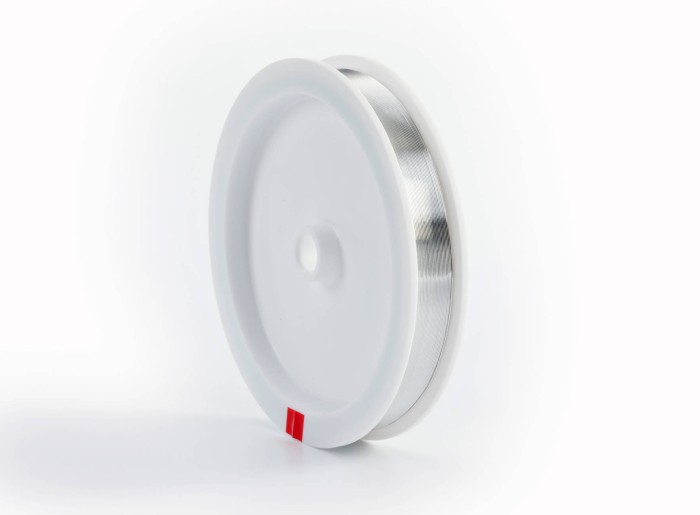Temperature sensors based on precious metals demonstrate outstanding resistance to corrosion, thus guaranteeing long service life and reliable measurement accuracy.
For measuring high temperatures of up to 1700°C, thermocouple wires made of high-purity platinum or platinum/rhodium alloys are therefore the solution. The thermocouples made of these wires are used for measuring exact temperatures in the steel and semiconductor industries, for example.
Thermocouple wires from Heraeus are distinguished by their particularly high purity and demonstrate outstanding long-term stability.

